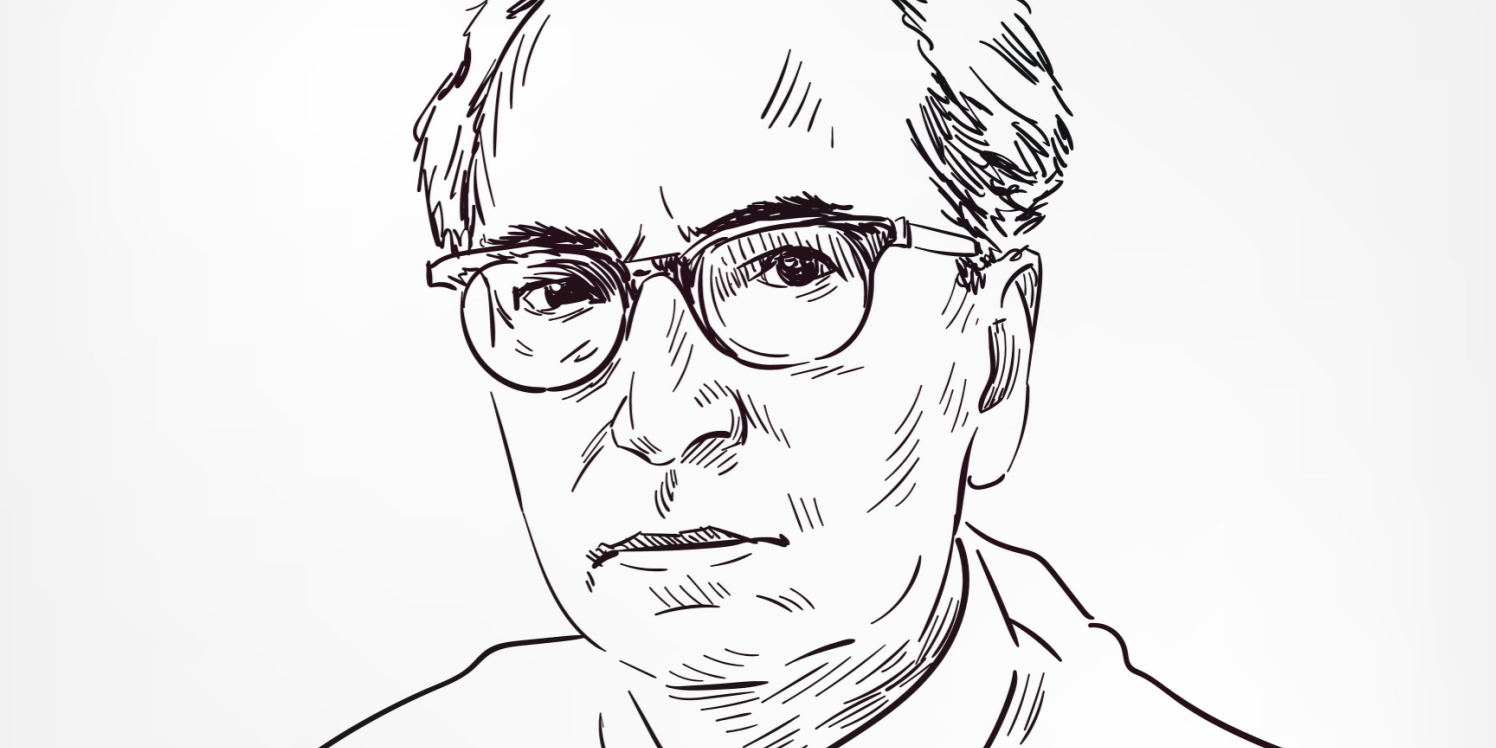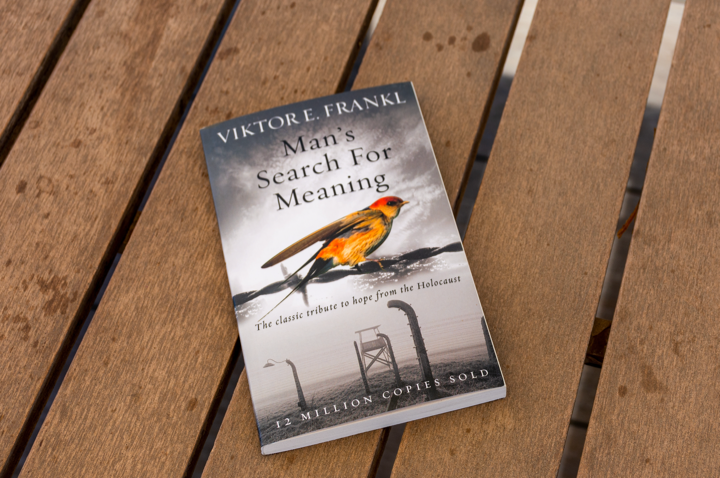I read a bunch of books last calendar year and did my first random book review in September. I read ‘Man’s Search for Meaning‘ in July last year but revisited the masterpiece this week while reading my current book, Ikigai as they are related in concept and teachings. So, I decided to punch out another book review as it feels like part of an evolving tapestry.
Viktor E. Frankl’s 1946 book, “Man’s Search for Meaning” is a timeless treasure, a journey into the depths of the human experience that is as relevant today as the day he wrote it. Born out of Frankl’s harrowing experiences in Nazi concentration camps, not only serves as a testament to the resilience of the human spirit but also provides invaluable insights into finding purpose and meaning in the face of unimaginable suffering.
I’d only recently journaled the age-old question, “what is the meaning of life?” and “what is my role in it?” as a discovery question to ponder and formulate my own answers. Timely for me, the book invites readers to contemplate these profound questions that often linger in the recesses of our minds.
The fact that Frankl combines his real life experiences with his psychological understanding adds layers of richness to the exploration of human behavior, emotions, and resilience.
The book is in two parts.
The first part of the book recounts Frankl’s personal experiences as a prisoner in concentration camps, offering a raw and unfiltered glimpse into the unimaginable horrors he and his fellow inmates endured. Despite the grim circumstances, Frankl’s unwavering spirit and commitment to finding meaning in the midst of suffering are nothing short of inspiring. His reflections on the power of choice and the ability to find purpose even in the face of the most extreme adversity are both humbling and uplifting.
The second part of the book introduces Frankl’s revolutionary psychological theory, Logotherapy, which emphasizes the search for meaning as the primary driving force in human existence. Frankl argues that even in the darkest moments, individuals possess the power to choose their attitude and find meaning in their lives. This profound concept put my own challenges in a jarring perceptive as I try to understand my own purpose and fulfilment.
“Everything can be taken from a man but one thing: the last of the human freedoms—to choose one’s attitude in any given set of circumstances, to choose one’s own way.”
Logotherapy concepts:
- Is based on a holistic view of human existence, considering physical, mental, and spiritual aspects
- Regardless of circumstances, life has inherent meaning, aligning with the existentialist thought that individuals create their own meaning in life
- Human beings are inherently motivated to seek meaning and purpose in their lives, emphasising the search for personal significance
- Finding meaning allows individuals to endure and transcend suffering
- Existentialism emphasises personal freedom and responsibility, even in challenging situations, individuals have the freedom to choose their attitude
- Meaningful decisions are often those that align with personal values or societal conscience, this relates to the idea of living authentically and in accordance with one’s principles
- Each person is seen as a unique and irreplaceable, emphasising the inherent value in each us
One of Frankl’s messages that has attached itself to me is that happiness is not something that can be directly pursued or attained. Happiness is a byproduct of living a meaningful life and pursuing goals that align with one’s values and purpose. When individuals engage in activities that have intrinsic meaning and contribute to a greater purpose, a sense of fulfilment and happiness naturally emerges.
In essence, happiness is a consequence of meaningful pursuits and a life lived in accordance with one’s values (and virtue), rather than being a goal that can be directly pursued for its own sake.
According to Frankl, meaning can be found: 1) by creating a work or doing a deed; (2) by experiencing something or encountering someone, and (3) by the attitude one takes towards unavoidable suffering.
Frankl’s wisdom extends beyond his personal experiences, offering a universal message of hope, resilience, and the triumph of the human spirit. Whether facing personal challenges that come in droves or simply navigating the complexities of everyday life, you will find solace, inspiration, and practical guidance in Victor’s wise and timeless words.
“The meaning of life differs from man to man, from day to day, from hour to hour. What matters, therefore, is not the meaning of life in general but rather the specific meaning of a person’s life at a given moment. To put the question in general terms would be to the question posed to a chess champion: “Tell me, Master, what is the best move in the world?” There simply is no such thing as the best or even a good move apart from a particular situation in a game and the particular personality of one’s opponent. The same holds for human existence. One should not search for an abstract meaning of life. Everyone has his own specific vocation or mission in life to carry out a concrete assignment which demands fulfilment. Therein he cannot be replaced, nor can his life be repeated. Thus, everyone’s task is as unique as is his specific opportunity to implement it.
As each situation in life represents a challenge to man and presents a problem for him to solve, the question of the meaning of life may actually be reversed. Ultimately, man should not ask what the meaning of life is, but rather he must recognize that it is he who is asked. In a word, each man is questioned by life; and he can only answer to life by answering for his own life; to life he can only respond by being responsible.”



